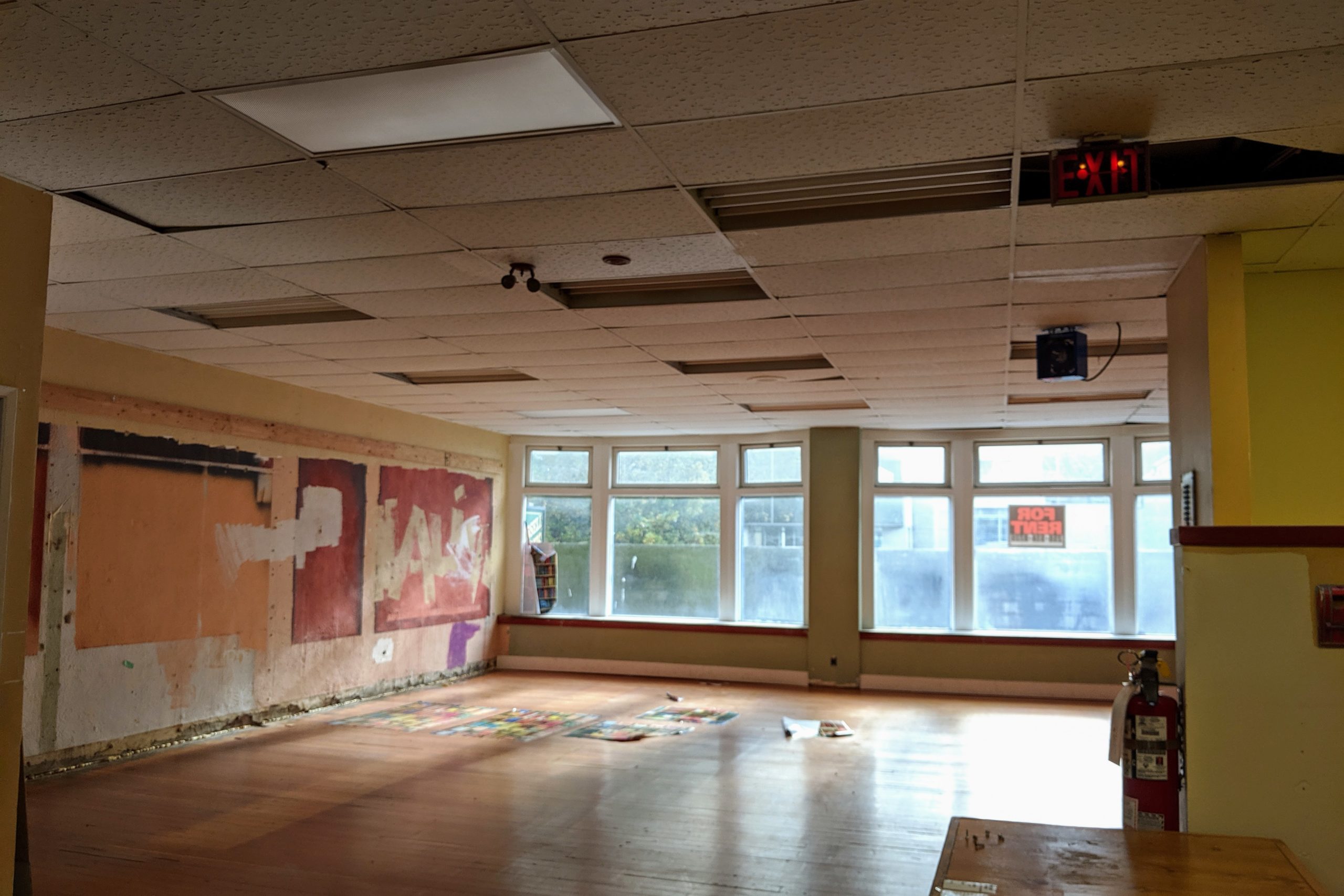5 Tips for Getting Back Your Damage Deposit
Did you know that in B.C. landlords can not automatically keep all or a portion of a security or damage deposit? The landlord and the tenant must agree in writing to the landlord keeping it, or the landlord must have an order from an arbitrator at the residential tenancy branch. Within 15 days of the end of tenancy, the landlord must either give the tenant the deposit or apply for dispute resolution with the Branch.
However, there are other reasons why you might get dinged when you move out. To help you out, here are five tips for getting back your damage deposit.
1. Use the Rental Inspection Checklist
When you move in, and when you move, you and your landlord must complete a rental inspection checklist (known as a Condition Inspection Form in British Columbia).
This official checklist allows both you and your landlord or property manager to review virtually every single nook and cranny of your rental when you move in. The same form is reviewed when you move out, making it easy to compare the condition of your rental.
2. Take a Before-and-After Photo
For extra protection, it’s always a good idea to take some photos of any existing damage in your rental when you move in. Make sure the images are time-stamped, and refer to them when you move out.
3. Clean the Carpets
Vacuuming is not enough! Before moving out, tenants are also expected to clean the carpets. Depending on your budget, hiring a professional carpet cleaning company is probably the surest way to move out of your rental with no extra bills from your old landlord.
4. Perform Minor Repairs
In order to have a good chance at getting your damage deposit back, be sure to repair any damage if you are able to, including:
Patching holes
Use spackling paste and then some paint to patch up small any holes you made hanging pictures or tacking up posters. According to the B.C. government:
Nail holes do not need to be filled if the landlord’s rules for hanging and removing pictures have been followed – however, tenants are expected to pay to repair excessive nail holes or deliberate damage.
Repaint your rental and clean the walls
While painting may fall under wear-and-tear (see below), if your walls have any damage you caused, or if you painted anything in your apartment, paint everything back to its original colour.
Even if you feel the walls don’t need painting, be sure to clean scuff marks from the walls — that’s your responsibility as a tenant.
Replace light bulbs
Make sure all of the lights turn on and replace any burned out bulbs.
Clean the stove and range
The stove is one of the most overlooked parts of moving out of a rental. Stoves are hard to clean, and your landlord may decide to charge you if it’s dirty when you leave. Devote a couple of hours to scrubbing out the interior, changing the pans below the burners, and otherwise leaving everything spic-and-span.
Clean the bathroom
It can be easy to get used to some clutter, dirt, dust and grime as we live in our rental, but when we move out, an empty apartment can bring attention to just how messy things were. The bathroom is no different. If you budgeted two hours to clean the stove, budget another hour to ensure the toilet is clean, and there are no rings on the bathtub.
5. Understand the Difference Between ‘Wear and Tear’ and Real Damage
Rentals are meant to be lived in, and because of this there is the understanding that there will be reasonable wear-and-tear during the course of your tenancy.
Normal wear and tear can include:
- A few (but not too many!) of small (but not too big!) nail holes in the walls from hanging pictures
- A few small stains on otherwise freshly cleaned carpet
- Loose handles or doors on kitchen or bathroom cabinets
Damage is more significant, and includes:
- Large holes in the walls
- Broken windows or broken doors
- Dirty carpets
So, while minor wear-and-tear will be unavoidable, if you cause any damage you need to fix it before you move out. As well, if there is a problem that you didn’t cause, such as a leak, you are expected to notify your landlord or property manager promptly, before even more damage occurs.
Questions About British Columbia Law?
Do you have any questions about residential tenancy law for the team at Spraggs? We’d love to hear from you. Contact one of our lawyers in Vancouver today.
Please note: This article does not contain legal advice. If you would like advice on your specific situation, please contact Spraggs Law.
